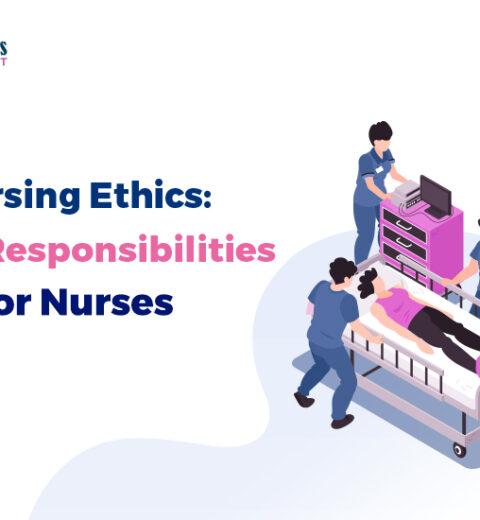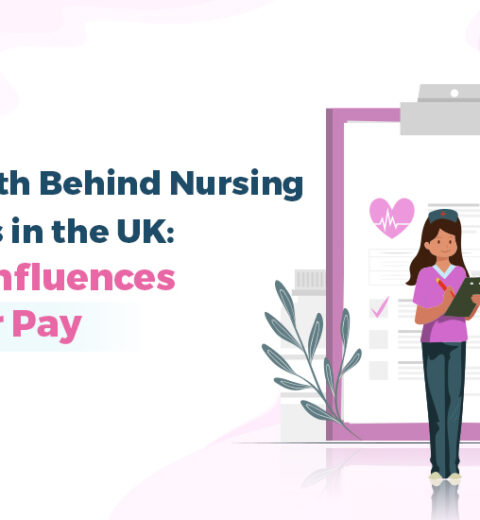Mental health disorders post-COVID-19 is the new norm now. Doctors are being buzzed by patients with severe to mild neurological and psychiatric conditions. The recent report figured out that nearly 34% of patients were tested with mental health disorders in their first six months after infection with the new corona virus or its variants. We have tried to throw light into the topic in the ensuing sections.
What are mental health disorders?
Mental health disorders range from everyday anxiety disorder like depression to serious long-term conditions like stroke, insomnia, brain haemorrhage, bipolar disorder, and dementia. While a majority of people experience mental health problems, they can easily get over them if helped early on. With the right combination of self-care, support, and treatment mental health problems can easily be averted.
Covid and its impact on mental health
Mental health has disintegrated markedly since the COVID‑19 pandemic began. From March 2020, there is a general increase in anxiety and depression disorders among the public. In countries like New Zealand, Belgium, Italy, France, Mexico, New Zealand, the UK, and the US, the case of anxiety has doubled currently than in the previous years.
The Commonwealth Fund survey conducted between March and May 2020 reported that adults experiencing higher levels of anxiety, stress, and untold sadness found it difficult to handle ever since the COVID-19 started. The percentages of people affected with this mental illness are as below.

Source: OECD Policy Responses to Coronavirus
Reasons for mental health disorders after Covid-19
Risk factors like unemployment, financial insecurity, fear of social disconnection could have been reasons for the increase in numbers. Reports prove that it’s people with less security at their job places, lower educational status, and significantly low income levels that experienced increased rates of mental distress during the COVID‑19 crisis.
However these above mentioned risks concerning mental health vary by age, financial status, gender, socio-economic and employment status. People generally young and who live secluded without their family, under socio-economic status, and those who were unemployed had higher rates of mental distress. Especially those with no work during 2020 showed increased levels of mental health risks.
Being out of work during 2020 increased mental health risks. The evidence is France. The country introduced schemes to keep employees in their contracts even while their work was suspended.
Similarly, in the UK the furloughed workers who were in long-term insecure jobs even before and during the pandemic showed no increase in mental distress, but those workers who were not furloughed showed mental distress.
How to tackle mental health disorders?
To the state:
- Initiating workplace policies that facilitates mental health during COVID‑19 crisis and beyond
- Countries should increase availability of mental health services, and immediately respond to increasing demand for care
- Find new modes of delivery for mental health services
- Work on job retention schemes to encourage mental health of workers.
- Employers can provide mental health training for line managers and executives, trying to raise awareness campaigns.
- Strengthening public employment services to address poor mental health
- Supporting jobseekers with back to the job support, providing them counselling and training opportunities can work.
- Initiation of active labour market programmes can alleviate the ill effects of unemployment.
Self-care strategies to the individuals:
- Take good care of your body by getting enough sleep. Work on a schedule and stick close to it even if you’re staying at home.
- Involve in consistent physical activity, which will reduce anxiety and boost your mood for betterment. A simple dance or exercise will rejuvenate you.
- Have healthy food with a well-balanced diet. Avoid junk food and refined sugar and limit on caffeines.
- Stay away from tobacco, drugs and alcohol. These will only worsen your coping capability.
- Limit your screen time by turning off your electronic devices 30 to 60 minutes prior to your bedtime.
- Give enough time to relax and recharge yourself.
- Keep yourself busy all day without any negative thoughts or distraction.
- Focus on positive thoughts, no matter how bad you may feel.
- Stick close to your spiritual life for support, if you believe in one.
- Set priorities and reasonable goals and work on achieving them.
- Find ways to connect with others and focus on building support and strengthen relationships.
- Satisfy yourself by doing something for others. It could be a small act of emailing, texting or calling to check on your family, friends, and neighbours
- Be free from being stigmatised or discriminated against. This can further depress or hurt you. You can even get to know the real facts about COVID-19 from trustworthy sources like WHO and CDC, reach out to those others who feel stigmatised and extend assistance to healthcare workers.
Mental illness is not something to be ashamed of. It is just a medical problem, similar to heart disease or diabetes. A mental health nurse or a mental health specialist will help soothe it with adequate guidance and care. If you are one looking for a mental health opportunity in and around the UK, check out our current job openings here.





